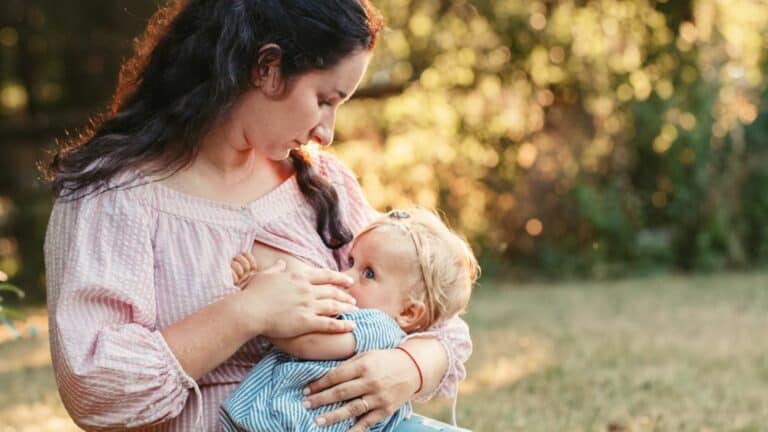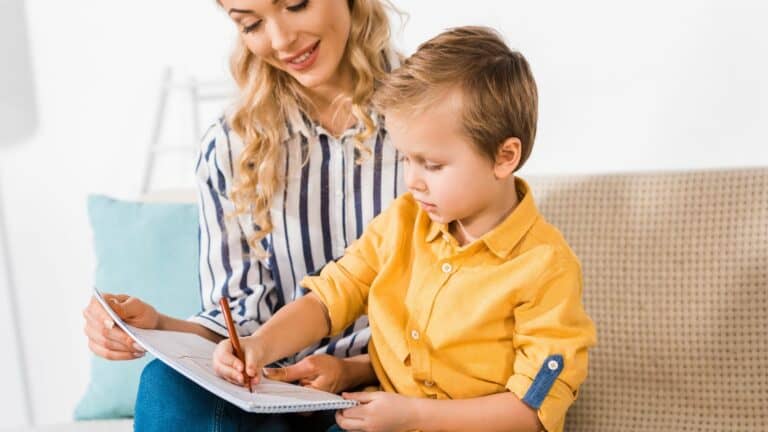Transform Your Mind and Your Family: The Astonishing Mental Health Benefits of Forgiveness and How to Instill Them in Your Children

Forgiveness is a powerful tool that can significantly boost mental health and overall well-being. The act of forgiving can lead to numerous benefits such as reduced stress, lower levels of anxiety and depression, and improved relationships. By getting rid of negative emotions, individuals can gain inner peace. Likewise, teaching children the value of forgiveness from an early age is important. Children who learn to forgive are more likely to develop empathy, compassion, and strong social skills. They are better equipped to handle conflicts and build healthy, lasting relationships. Parents can teach forgiveness by modelling it, and creating an environment where forgiveness is practiced and valued. By instilling these principles, parents can help their children grow into emotionally resilient and compassionate adults. Here are the benefits of forgiveness, and effective ways to teach this value to your children.
Reduces Stress

Forgiveness can significantly reduce stress levels. Anger and resentment are known to contribute to stress, and by letting go of and forgiving those who wronged you, you can also let go of these bitter feelings and the stress that come from it. If a person doesn’t learn to forgive, over time, elevated cortisol levels (stress hormones) can have detrimental effects on their physical and mental health. By choosing to forgive, we release these negative emotions and reduce our body’s physiological stress response.
Improves Emotional Well-Being

Forgiving others can lead to a significant improvement in emotional well-being. When we forgive, we release the heavy burden of negative emotions such as anger, bitterness, and resentment, which can cloud our emotional state. This act of letting go creates space for positive emotions to flourish, enhancing our overall emotional health. Individuals who practice forgiveness often report feeling lighter, more content, and more at peace with themselves and their surroundings.
Decreases Anxiety

Studies have shown that forgiveness can play a crucial role in reducing symptoms of anxiety. Holding onto grudges and unresolved conflicts can create a persistent state of tension and worry, which exacerbates feelings of anxiety. By forgiving, individuals can alleviate this tension and create a sense of inner calm and stability.
Enhances Self-Esteem

Forgiving others can lead to a boost in self-esteem and self-worth. When a person chooses to forgive, they often experience a sense of empowerment and control over their emotional state. By letting go of grudges, a person can free themselves from victim mentality, which can be detrimental to self-esteem. Instead, they can view themselves as resilient and capable of overcoming adversity. This enhanced self-esteem can lead to greater confidence, better decision-making, and a more assertive approach to life’s challenges.
Improves Relationships

Forgiveness can lead to healthier and more positive relationships. When we forgive our partner, we create an environment where open communication and mutual respect can thrive. This can lead to stronger, more trusting relationships, as both parties feel valued and understood. Forgiveness also allows people to move past conflicts and misunderstandings, leading to reconciliation and deeper connections. By letting go of past grievances, individuals can focus on building positive interactions instead.
Boosts Immune System

The reduced stress and improved emotional well-being that come from forgiveness can lead to a stronger immune system. Chronic stress and negative emotions can weaken the immune response, making individuals more susceptible to illnesses and infections. By forgiving, individuals can lower their stress levels and improve their emotional state, which in turn can enhance immune function. A stronger immune system can contribute to better physical health, reducing the likelihood of common illnesses like colds and flu, and potentially lowering the risk of more serious health conditions. This connection between emotional well-being and physical health underscores the holistic benefits of forgiveness, highlighting how mental health practices can have far-reaching effects on overall wellness.
Promotes Mental Clarity

Letting go of grudges can clear mental clutter. Holding onto resentment and anger can consume a significant amount of mental energy, leading to distractions and a lack of concentration. By forgiving, individuals can free up this mental space, enabling them to think more clearly and make better decisions. This enhanced mental clarity can improve productivity, creativity, and problem-solving abilities. It also allows individuals to be more present in their daily lives, fully engaging with their tasks and interactions without the burden of past grievances weighing them down.
Enhances Resilience

Forgiveness helps build emotional resilience, making it easier to cope with future stressors and challenges. By practicing forgiveness, individuals learn to process and release negative emotions, which can strengthen their ability to handle adversity. This emotional resilience allows them to bounce back more quickly from setbacks and maintain a positive outlook even in difficult situations. Forgiveness fosters a mindset of growth and learning, encouraging individuals to view challenges as opportunities for personal development rather than insurmountable obstacles. This resilience can lead to greater overall life satisfaction and a more robust mental health.
Increases Positive Emotions

Forgiving others can increase feelings of joy, contentment, and overall positivity, contributing to a happier and more fulfilling life. When we forgive, we allow ourselves to move beyond negative emotions and open up to positive experiences and emotions. This shift can lead to a greater sense of gratitude, compassion, and love, enhancing our overall emotional landscape. The increase in positive emotions can improve our mood, enhance our interactions with others, and create a more optimistic perspective on life. This positivity can be self-reinforcing, leading to a virtuous cycle of happiness and well-being. Now that we’ve gone over the benefits of forgiveness, here are ways we can teach children about forgiveness.
Model Forgiveness

Demonstrating forgiveness in your own actions is one of the most powerful ways to teach your children about forgiveness. When children see their parents or guardians forgive others, they learn by example. This modeling can occur in everyday situations, such as forgiving a partner for a minor mistake or showing understanding when a friend cancels plans. By witnessing these acts, children can see that forgiveness is a natural and healthy part of relationships. They learn that holding onto grudges can be harmful and that letting go of resentment can lead to peace and improved interactions. Modeling forgiveness also involves showing children how to forgive themselves for their mistakes, fostering a nurturing environment where they feel safe to make and learn from errors.
Read Stories About Forgiveness
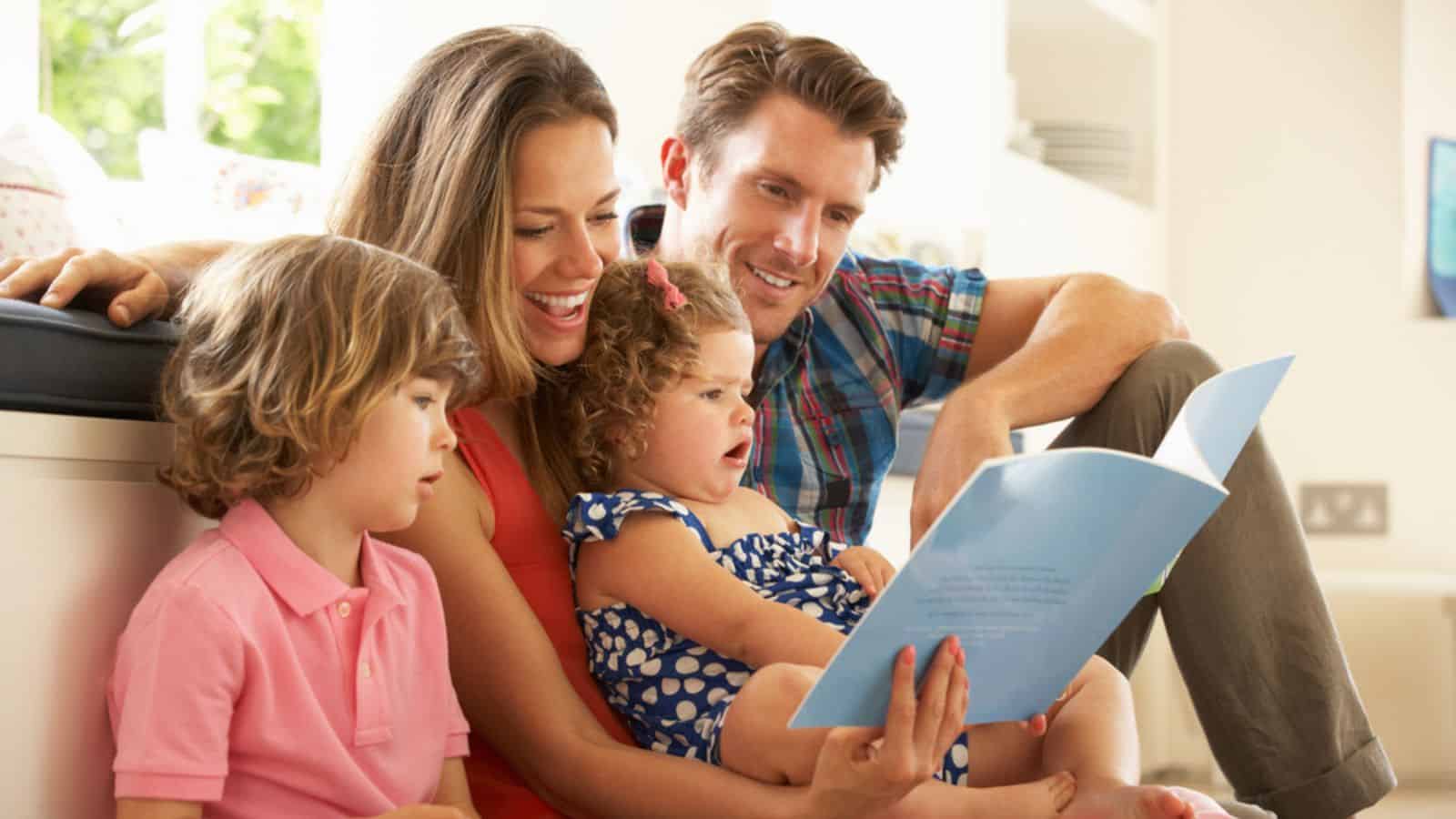
Reading stories that highlight the importance of forgiveness can help children understand the concept through relatable narratives. Books and stories often present scenarios where characters face conflicts and must decide whether to forgive. These stories can provide valuable lessons and open up discussions about the emotions involved in forgiveness. For example, stories like “The Forgiveness Garden” by Lauren Thompson or “Enemy Pie” by Derek Munson illustrate the journey of forgiving and the positive outcomes that can result. By discussing these stories with your children, you can help them grasp the complexities of forgiveness and see it as a positive and achievable goal.
Discuss Feelings
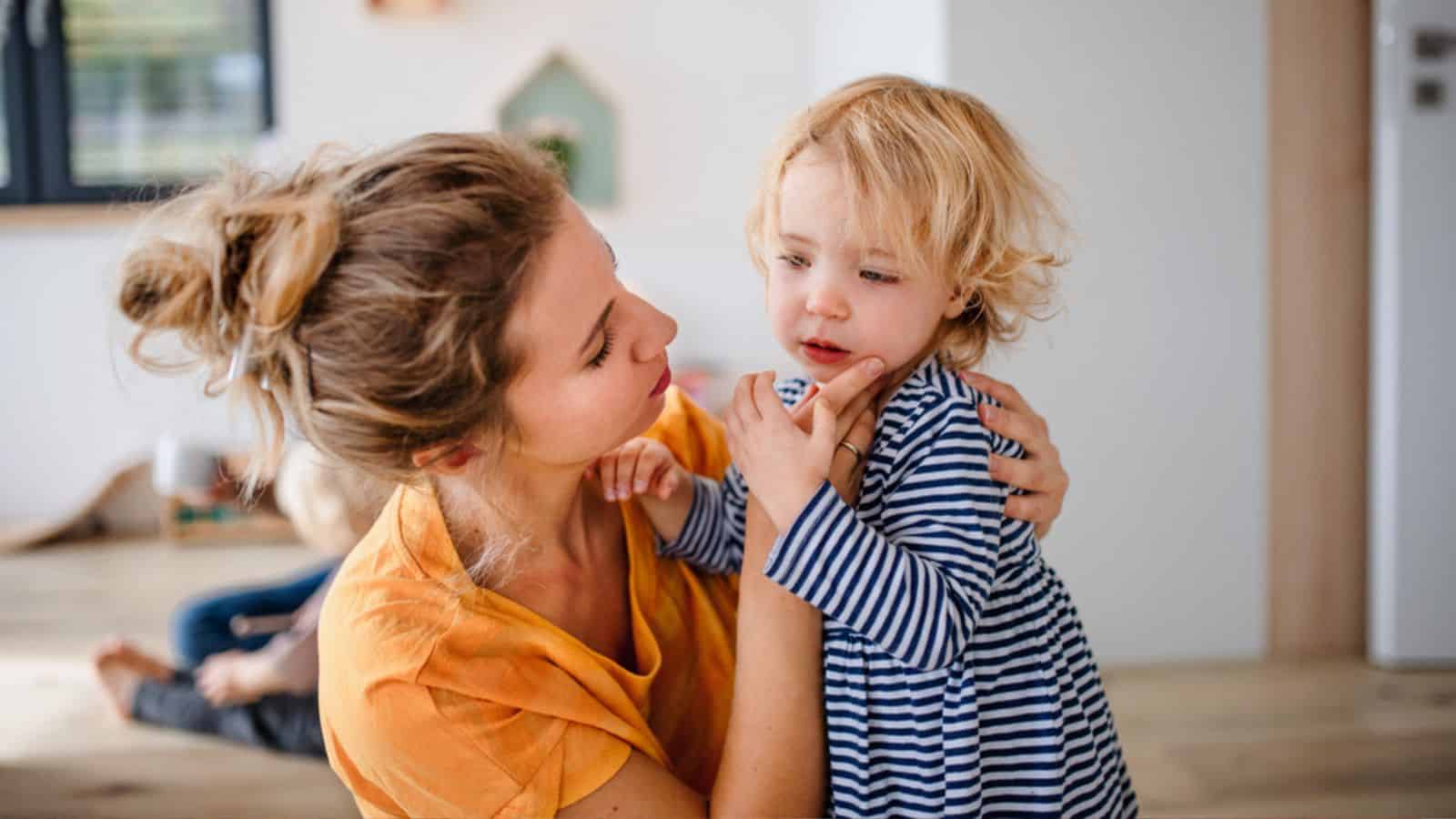
Encouraging your children to talk about their emotions, especially when they feel hurt or angry, is crucial for teaching forgiveness. Understanding their feelings is the first step toward forgiveness. When children can articulate how they feel, they are better equipped to process those emotions and move past them. Open discussions about feelings can help children recognize that it is normal to feel upset or hurt, but holding onto those feelings can be harmful. By validating their emotions and guiding them through the process of letting go, you can help them develop the emotional intelligence needed to forgive.
Role-Playing

Using role-playing scenarios to practice forgiveness in a controlled setting can be highly effective in helping children understand how to forgive and seek forgiveness. Role-playing allows children to act out various situations where forgiveness might be needed, giving them a safe space to explore their feelings and reactions. For instance, you can create a scenario where one child accidentally breaks another child’s toy, and then guide them through the process of apologizing and forgiving. This hands-on approach can make the abstract concept of forgiveness more concrete and relatable.
Teach Empathy
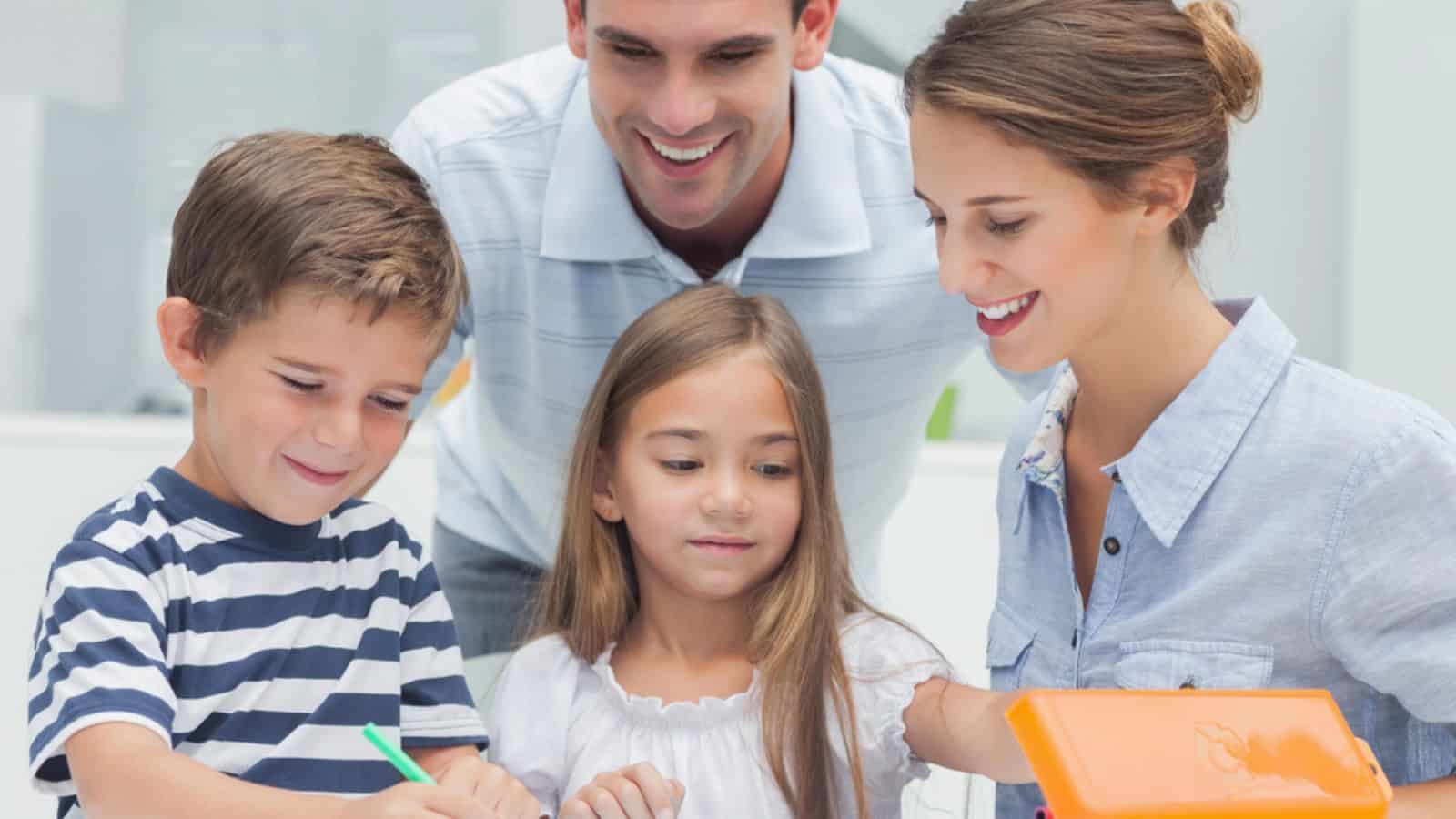
Helping your children develop empathy is a foundational step in teaching forgiveness. Encourage your children to consider how others might feel in different situations. Discussing various scenarios and asking questions like, “How do you think they felt when that happened?” can help children develop a deeper sense of empathy. When children can put themselves in someone else’s shoes, they are more likely to understand the reasons behind others’ actions and find it easier to forgive.
Explain the Benefits

Discussing the emotional and physical benefits of forgiveness can help children see its value. Explain how forgiveness can reduce stress, improve relationships, and contribute to overall well-being. You can use simple language and examples that are relatable to children. For instance, you might say, “When we forgive, we feel lighter and happier because we’re not carrying around heavy feelings of anger or sadness.” Highlighting these benefits can motivate children to practice forgiveness, as they begin to understand that it is not just about the other person but also about their own mental and emotional health. This understanding can make forgiveness a more appealing and rewarding practice for children.
Encourage Apologies

Teaching your children to apologize sincerely when they have hurt someone and to accept apologies graciously is a crucial aspect of fostering a forgiving environment. Encourage your children to acknowledge their mistakes and express genuine remorse when they have wronged someone. This can be done by guiding them to say, “I’m sorry for what I did, and I understand how it hurt you.” Additionally, teach them to accept apologies with grace, responding with phrases like, “I forgive you” or “Thank you for apologizing.” This practice helps children understand the reciprocal nature of forgiveness. It also reinforces the idea that everyone makes mistakes and that forgiveness is a crucial part of maintaining healthy relationships.
Praise Forgiveness

Acknowledging and praising your children when they forgive someone reinforces positive behavior and encourages them to continue practicing forgiveness. Positive reinforcement can be a powerful motivator for children. When you notice your child forgiving someone, whether it’s a sibling, friend, or even themselves, take the time to acknowledge their effort. You might say, “I noticed how you forgave your friend for taking your toy without asking. That was very kind and mature of you.” This recognition helps children feel good about their actions and understand that forgiveness is a valued and commendable behavior.
Use Real-Life Examples

Sharing real-life stories of forgiveness, whether from your own experiences or from others, can illustrate the power and importance of forgiving others. Real-life examples provide concrete evidence that forgiveness is not just a theoretical concept but a practical and impactful choice. You can share personal stories where you or someone you know chose to forgive and the positive outcomes that followed. Additionally, discussing stories of forgiveness can be very enlightening. For instance, stories of reconciliation between different communities or individuals who have overcome significant grievances can be very powerful. These examples help children see the broader impact of forgiveness and understand that it can lead to healing and positive change on a larger scale.
21 People Share Ways Parenthood Completely Altered Their Worldview

Becoming a parent is one of the most transformative experiences in a person’s life. It brings about profound changes that extend far beyond the everyday responsibilities of raising a child. Parenthood reshapes priorities, alters perspectives, and introduces a new depth of emotion and understanding. From finding joy in the simplest moments to reevaluating career aspirations, the journey of raising children leads to significant personal growth and a deeper appreciation for life. In this article, we’ll showcase 21 Reddit responses on how parenthood has changed their perspective.
21 People Share Ways Parenthood Completely Altered Their Worldview
19 Surprising Tips to Manage a Big Family on a Budget

Raising multiple children can be rewarding but financially challenging. With the rising cost of childcare, education, healthcare, and everyday living expenses, it’s essential for families to find ways to manage their budgets effectively. Fortunately, there are many ways that parents can ease the financial burden without compromising quality of life, especially for the children. Here are 19 practical tips to keep a budget with multiple children.



